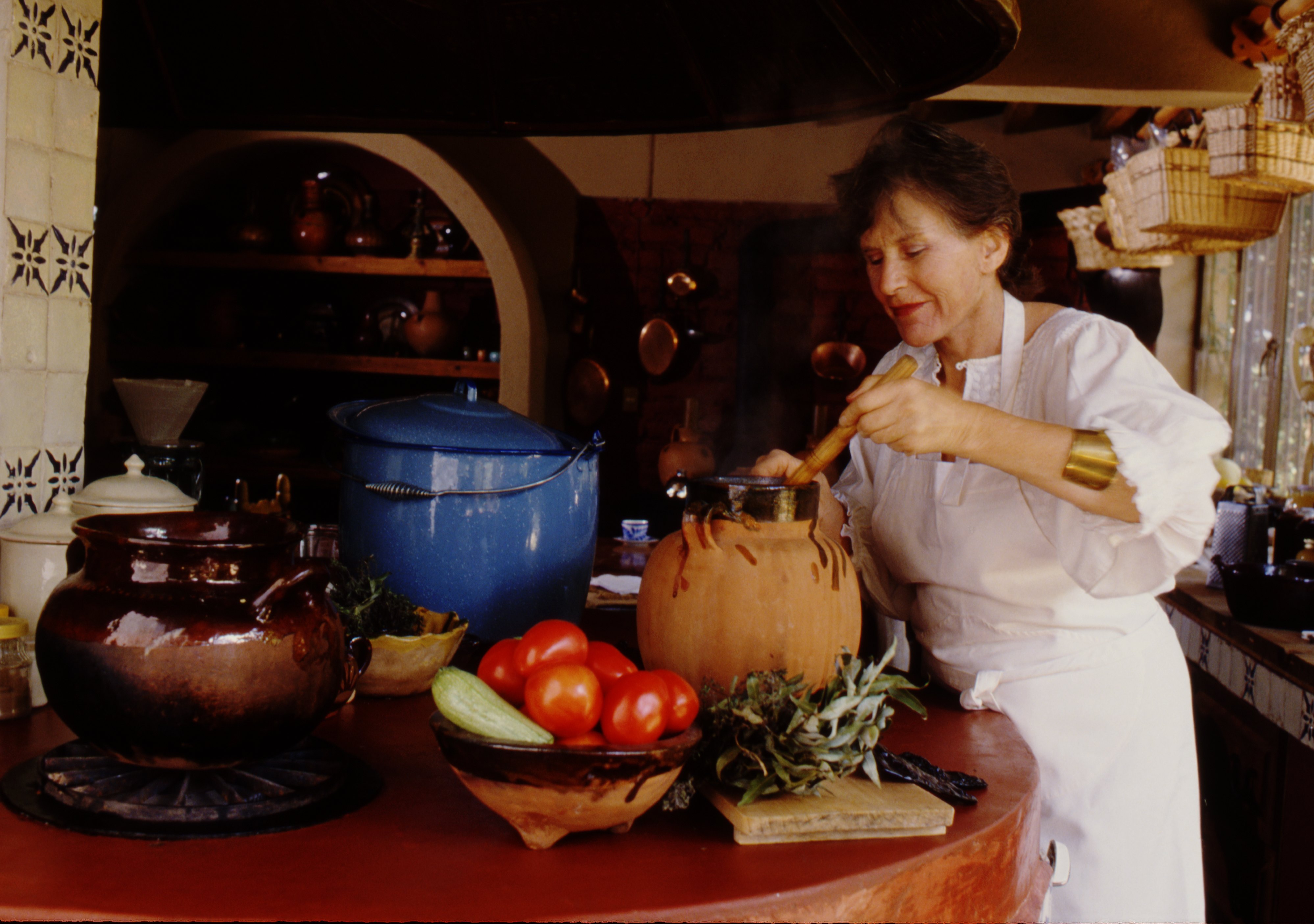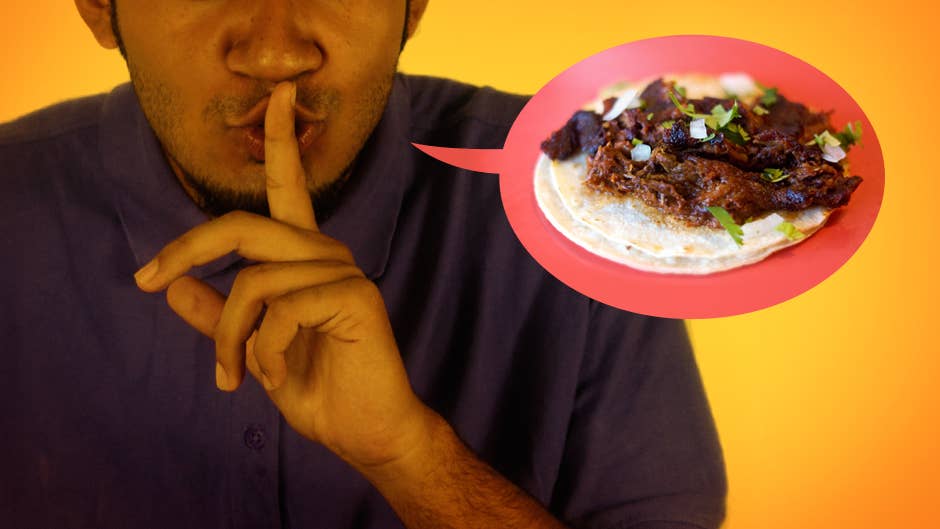
No food is more contradictory to the American mind than Mexican cuisine. It’s a cuisine that’s simultaneously foreign yet completely at home; expected to be rich in flavor yet cheap in cost and presentation; perceived as best when inexpensive and terrible when elegant; considered “gourmet” when gabachos sling it out of food trucks but “roach coach” when Mexicans do it.
We get it: the relationship between Mexico and the United States will always be a schizophrenic one, one that’s going to get even crazier under President-elect Donald Trump (#fucktrump). How Americans react to Mexican food has created a generation of Mexican eaters understandably protective of our dishes, a generation quick to criticize and even boycott anyone who dares breach our beloved birthright. But that defensiveness also leads to our own romanticizing of the cuisine: Best only when “authentic”; always caliente; one that must be perpetually humble or else it isn’t real; one that can only properly be prepared by Mexicans and is always destroyed by gabachos, who can’t possibly appreciate Mexican food because they’re, well, gabachos.
Well, we’re here to call caca on both Mexicans and Americans when it comes to la cocina mexicana. Yes, Mexican food is the best food on the planet, but it’s a big girl that can take care of herself and doesn’t need a bunch of protectors trying to stunt its growth, gracias very mucho. And on that point, here are eight dirty truths about Mexican food that neither Americans or Mexicans ever want to talk about. ¡Provecho!
Heirloom corn tortillas are not always the best.
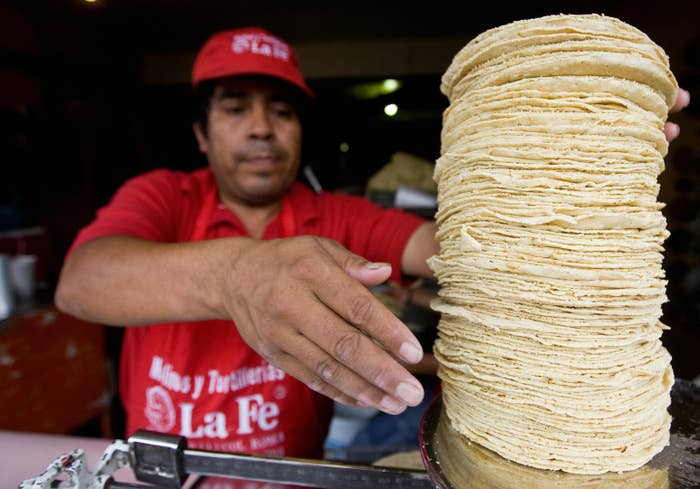
“Vegetarian” Mexican food sucks—but Mexican vegetarian dishes are amazing.
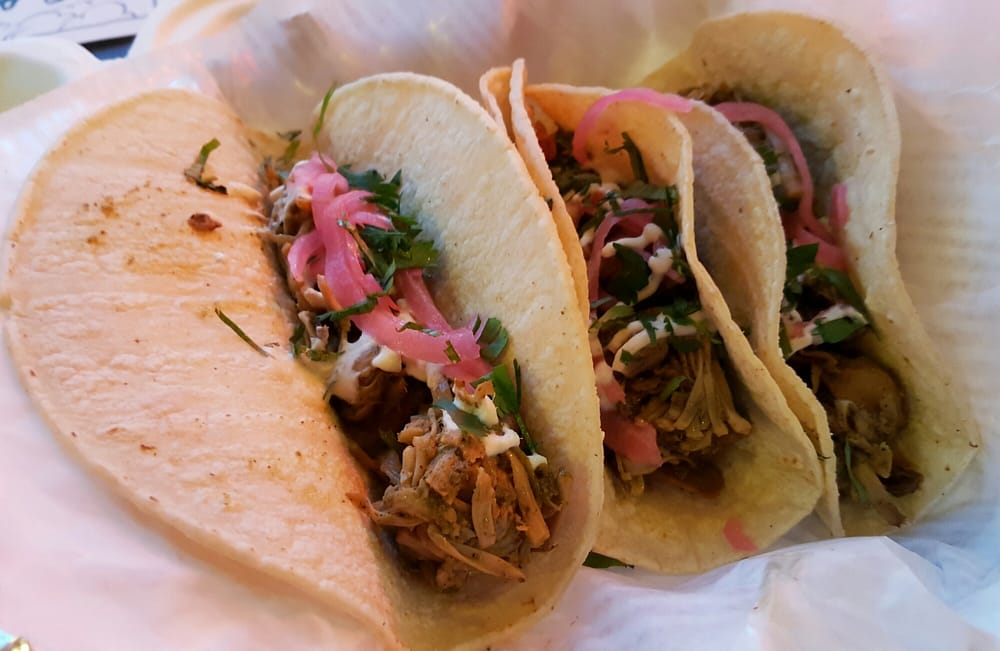
Mexican is not best when it's spicy.
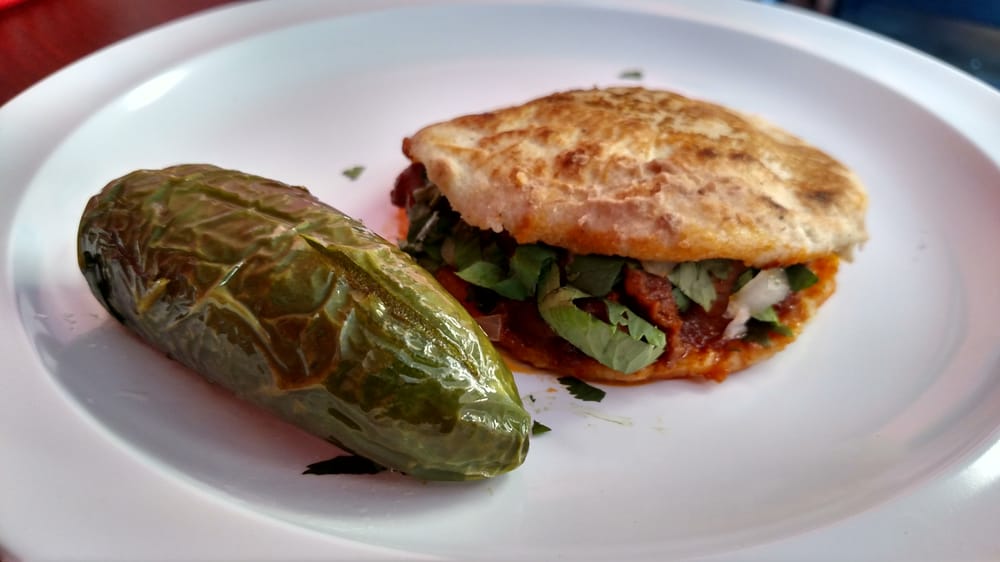
Mexicans are as guilty as anyone at hijacking Mexican food.
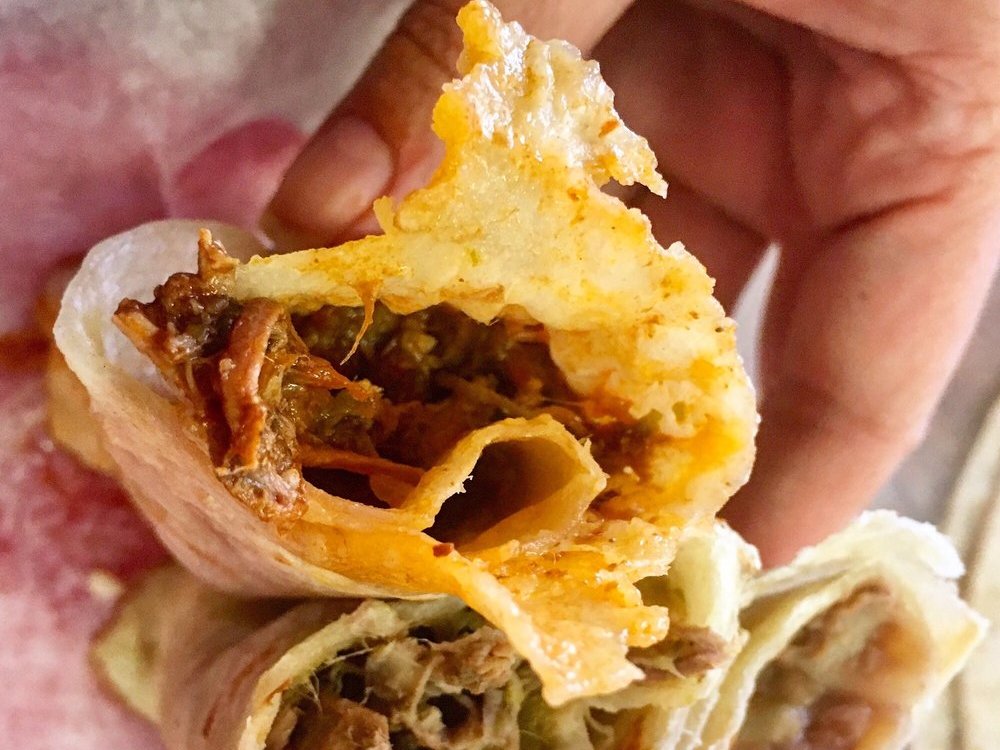
Gabachos know more about Mexican food than anyone wants to give them credit for.
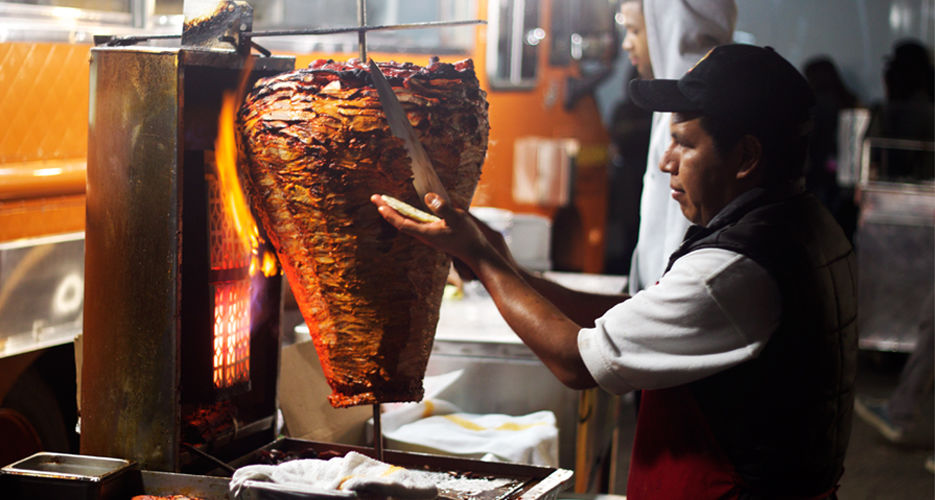
Hipster chefs love to fetishize Mexican food for the wrong reasons.
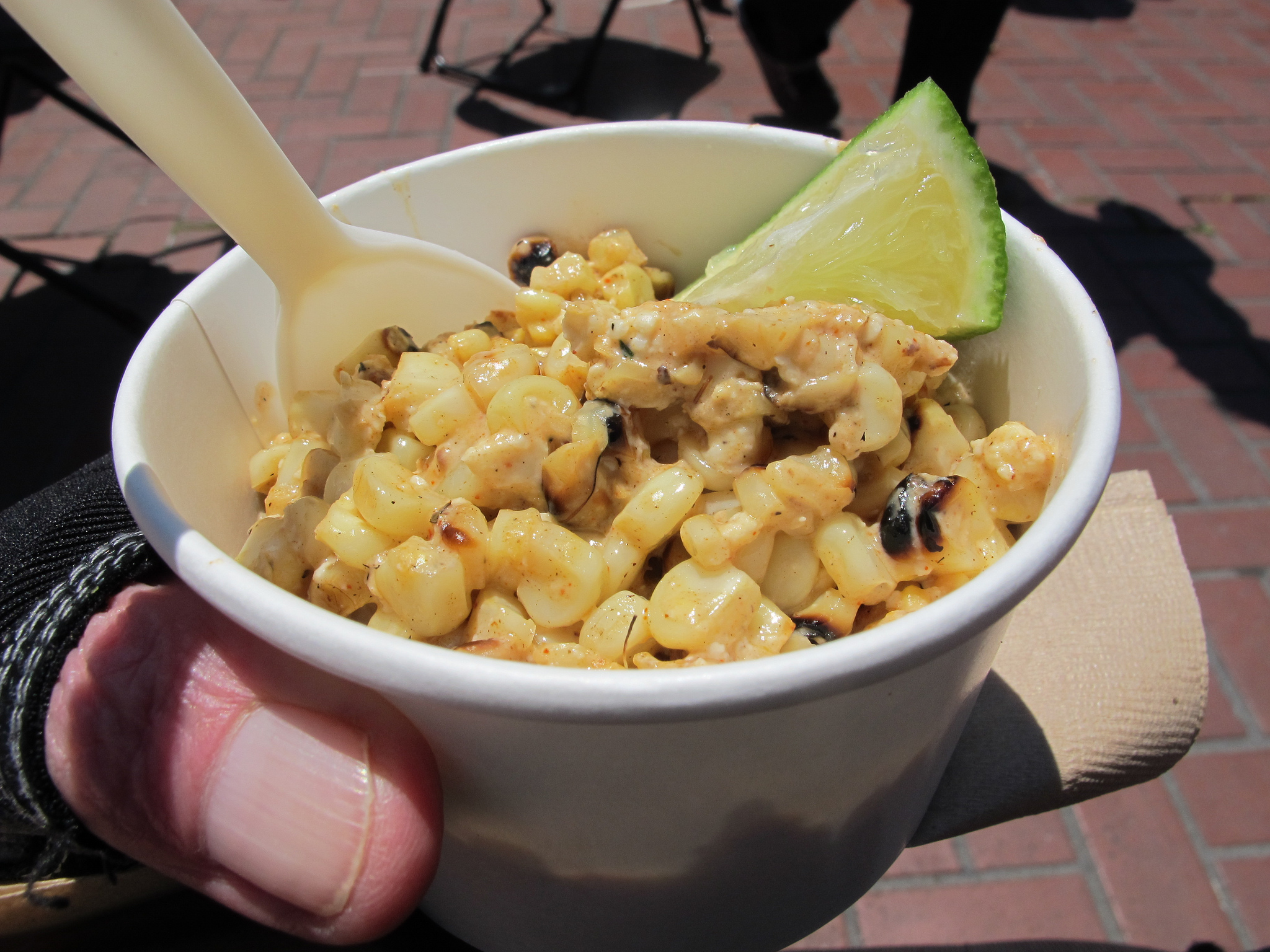
Artisanal mezcal isn't always better than industrial tequila.
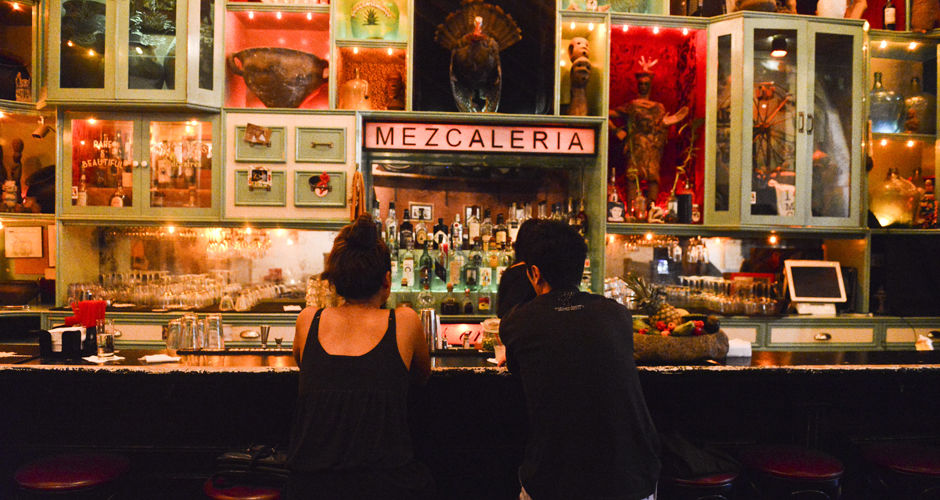
White American chefs get too much credit for legitimizing Mexican food.
